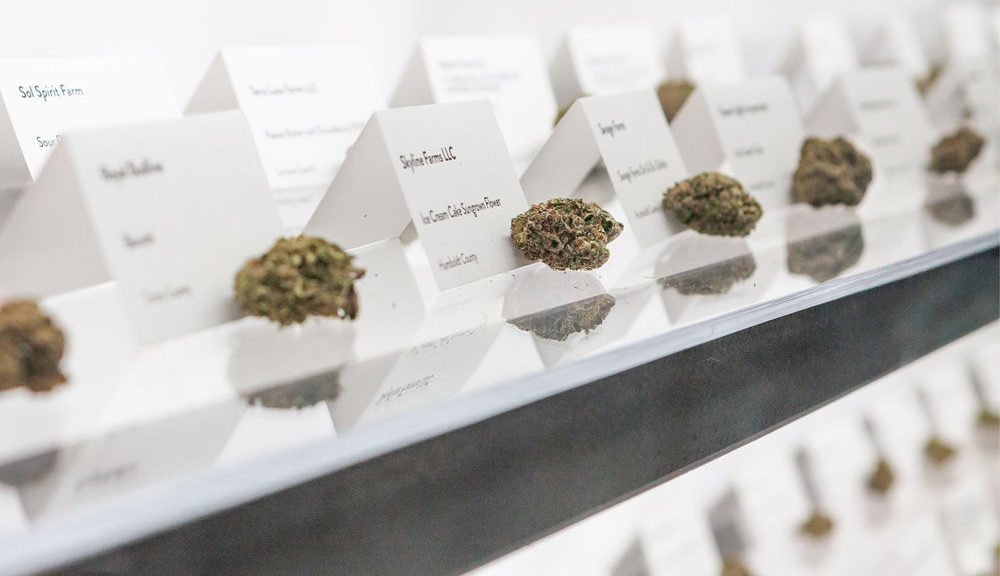There was plenty of weed at the recent “Harvest Ball,” the first edition of the newly rechristened mid-December cannabis event which was focused on celebrating northern California’s sungrown harvest, formerly known as the Emerald Cup.
The first big cannabis event to happen in California in the COVID-19 era that’s not a business conference, the Harvest Ball was also the first cannabis-consumer forward event to happen under the watchful eye of the new Department of Cannabis Control , the single state agency formed last summer by Gov.
For all these reasons—COVID, Newsom, rules, commercialization—significant changes were inevitable.
Vendors pay money for booths so attendees can come and give them money for whatever they’re selling: T-shirts, posters, books or weed.
If you’re not in the retail game, why would you have one? That meant anyone who wanted to sell cannabis at the event had limited options.
Visitors to a booth who saw cannabis they liked had to take notes or remember what they wanted; take that list to a line that could take an hour to work through; and finally give their order to an overworked clerk who was likely unsure if the strain name the customer uttered was still in stock or even properly prepared by the farm.
According to photos and interviews, DCC officials swooped in on several friend circles where attendees said they were merely showing off their weed to one another—not selling nor sharing product marked for sale .
“The DCC hassled licensed farmers with booths who were showing their samples of their product,” said Trevor Wittke, a second-generation grower who posts on Instagram as @sungrownmidz and is the former executive director of the Calaveras County Cannabis Alliance.
In a statement, Christina Dempsey, the acting deputy director of external affairs for the Department of Cannabis Control, said the agency didn’t confiscate any cannabis.
As for the viability of the event, the DCC is “in the midst of examining the current event regulations in order to improve and clarify the requirements,” Dempsey said.
To hear the Emerald Cup’s people tell it, the major friction source was around product identification and safety.
“Fix the cultivation tax and allow us to sell to people directly,” said Casey O’Neill, the owner-operator at HappyDay Farms in Laytonville and one of the more visible and outspoken advocates for small farmers.
Fixing the cultivation tax—which currently levies a tax of $10.08 per ounce on cannabis, or $162 and change per pound, a hefty sum in a market where $500 is a good wholesale price for an outdoor-grown pound—will require a 2/3-vote at the California Legislature.
